Ep. 208 | The History of the Jewish Refugees in China (Part 1)
Laszlo is back with a new series that looks at the history of the Jewish refugees who came to China during the first part of the twentieth century. In this episode, after a long, drawn-out intro that examines a bit of background on Jewish history, Laszlo explains how many Jews made their way to China to escape hard times back home.
In the next episode, the story will continue with more from Harbin, Tianjin, and Shanghai. All Yiddish and Jewish words from this episode can be found in the usual list of terms that accompany each episode on the website.
Listen On Your Favorite Podcast Player
Terms in Episode
| Pinyin/Term | Chinese | English/Meaning |
|---|---|---|
| Ashkenazi | 阿什肯納茲猶太人 | The Jews who ended up in Europe (but not Spain) |
| Bàng Bàng Jī | 棒棒鸡 | Also known as bob-bon chicken, a popular Chinese dish |
| Chabad | 恰巴德 | A 250 year-old philosophy, movement and organization that promotes Judaism (and a whole lot more) |
| David Melech Yisrael | 大卫王 | David, the King of Israel |
| Duke of Zhōu | 周公 | Son of King Wen. A role model for future officials |
| Dàolǐ District | 道里区 | District in Harbin |
| Dōng Qīng Tiělù | 东清铁路 | The China Eastern Raiway |
| Eastern Hàn Dynasty | 东汉朝 | Also called Later Han 25-220 CE |
| Emperor Wǔ | 汉武帝 | Han Emperor Wu, one of the greats, thanks to some recon work by Zhang Qian (CHP episode 47) he facilitated the Silk Road between East and West. |
| graggor | A kind of handheld noisemaker reserved for use when Haman's name is mentioned | |
| Gǔzhēng | 古筝 | A 21-stringed ancient China instrument most often compared to a zither. |
| Hamantosh | Literally means "Haman's Pockets", a kind of cookie eaten during Purim | |
| Harbin (Hå'ěrbīn) | 哈尔滨 | Heilongjiang capital and site of today's story |
| Hóngyóu Chāoshǒu | 红油抄手 | Pork wontons and chili sauce. Good stuff |
| Hēilóngjiāng province | 黑龙江省 | One of the provinces of Manchura, China's Northeast |
| Jiānbing | 煎饼 | Chinese burritos perhaps. Pancake, sauce, meat, cilantro, nirvana |
| Jiǔ Yī Bā | 九一八 | 9-18. The Mukden Incident when Japan invaded Manchuria and began their takeover |
| King Wén | 周文王 | Founder of the Zhou Dynasty and the 64 Hexagrams of the Yi Jing (I Ching) |
| King Wǔ | 周武王 | King Wen's son and co-founder of the dynasty. Brother to the Duke of Zhou |
| Kāifēng | 开封 | City in Henan Province on the Yellow River. Capital of the Northern Song Dynasty |
| Liú Bāng | 刘邦 | Han Dynasty founder who lived 256-195 BCE |
| Lǚshùnkǒu | 旅顺口 | A district in the city of Dalian, formerly known as Port Arthur |
| minyan | A quorum of ten Jewish adults, essential for any prayer service | |
| Mizrahi | 米兹拉希犹太人 | Descendants of the Middle Eastern Jews |
| Míng Dynasty | 明朝 | Later Chinese dynasty 1368-1644. The last Han Chinese dynasty |
| Mǎnzhōulǐ | 满洲里 | Border town between China and Russia. Located in Heilongjiang |
| Qīng Dynasty | 清朝 | Last dynasty in Chinese Imperial history. 1644-1911 |
| Sephardic | 塞法迪犹太人 | Jews who originally came from Spain but at one time all MIddle Eastern, North African and Spanish Jews were grouped with the Sephardic Jews. |
| shtetl | 村 | A little town in Yiddish |
| Shul | 猶太會堂 | A synagogue |
| Sun Yat-sen | 孙逸仙 | The Father of Modern China. 1866-1925 |
| Sòng | 宋朝 | Northern Song Dynasty 960-1138 and Southern Song 1138-1279 |
| Sōnghuā River | 松花江 | The river that runs through Harbin |
| Tiānjìn | 天津 | Port City an hour east of Beijing |
| Táng Dynasty | 唐朝 | Chinese dynasty that ran from 618-907 |
| Tōngjiāng Street | 通江街 | Street in Harbin |
| Western Hàn | 西汉朝 | Also known as the Former Han. 206 BCE - 9 CE |
| Wú Fēi | 吴非 | Beijing-born, Nashville-based musician. Quite good on the guzheng |
| Xià Dynasty | 夏朝 | China's earliest dynasty, 2070-1600 BCE or thereabouts. No proof of its existence but that's what they used to say about the Shang. |
| yiddishkeit | 犹太文化 | The Jewish way of life, customs and prcatices |
| Yuán | 元朝 | Yuan dyansty 1271-1368 |
| Yóutiáo | 油条 | A popular Chinese breakfast accompaniment, essentially a fried stick of dough (with a story behind it of course) |
| Zhōngyáng Dàjiē | 中央大街 | Street in Harbin |









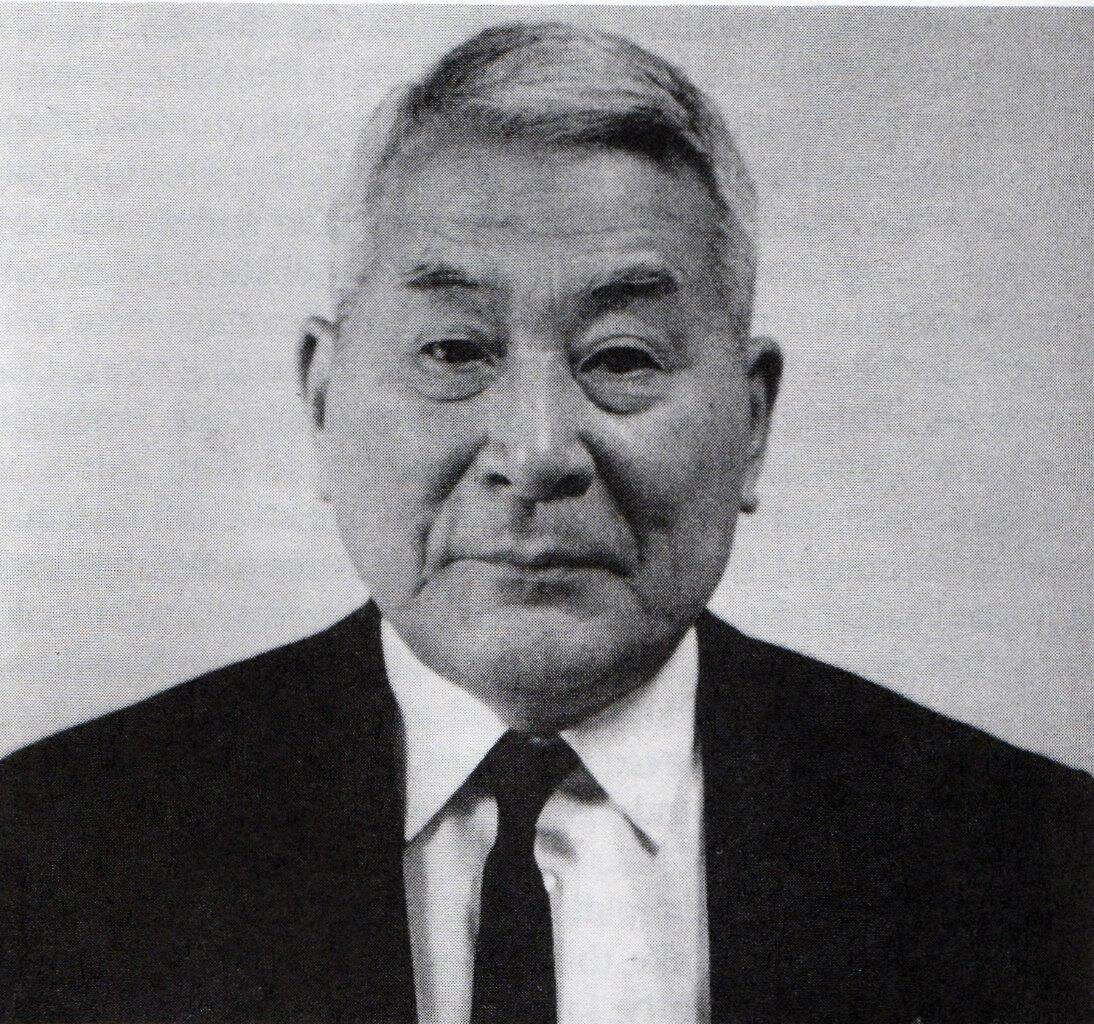
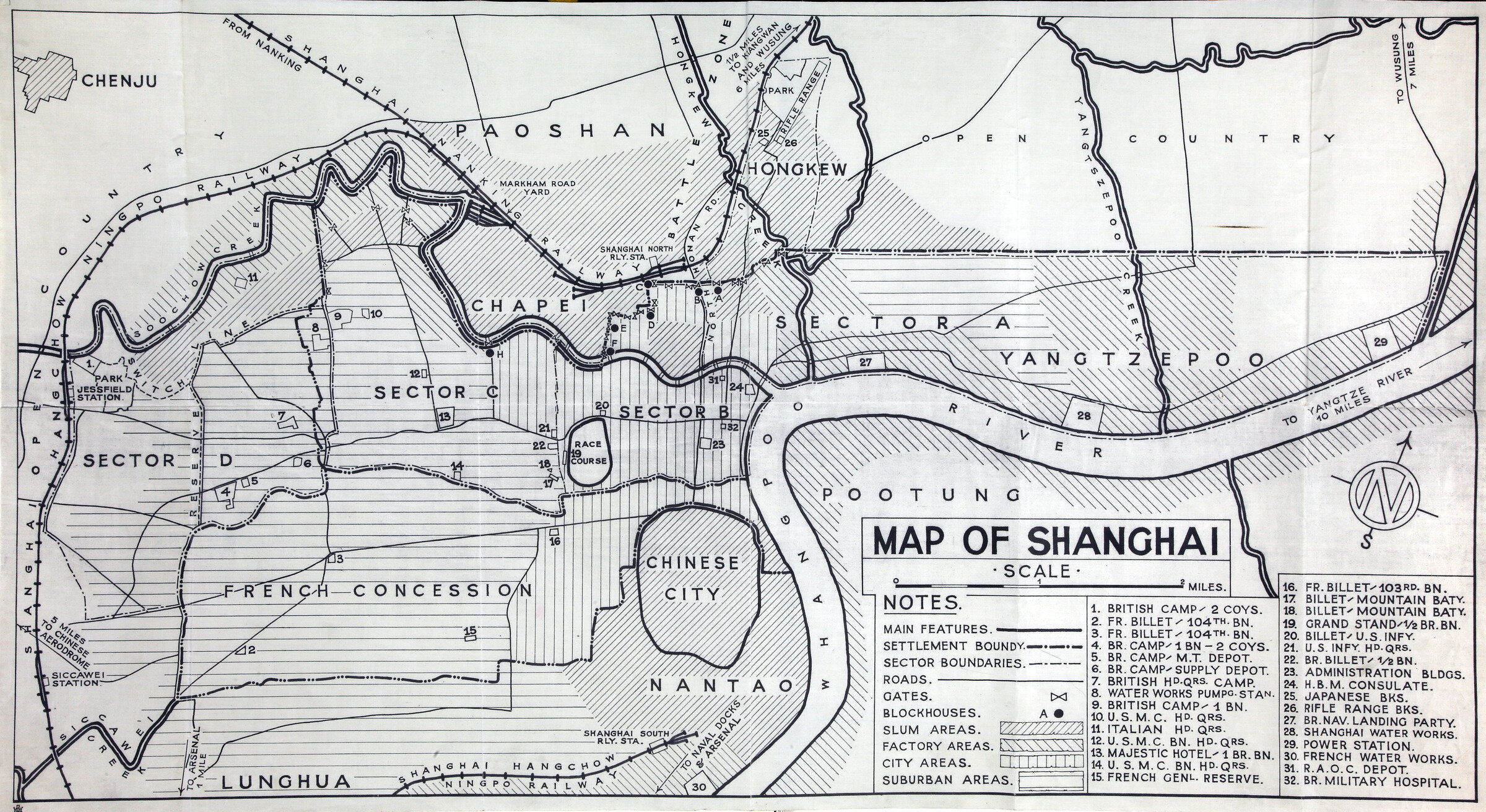
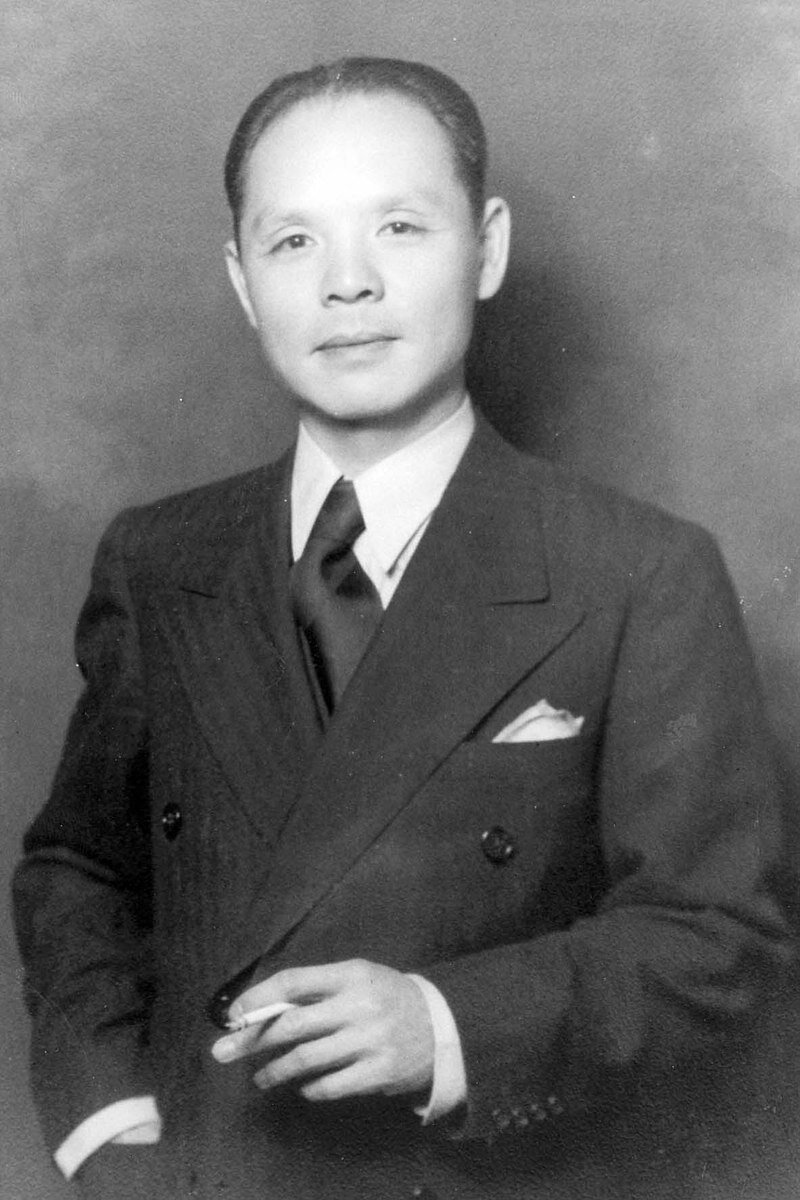
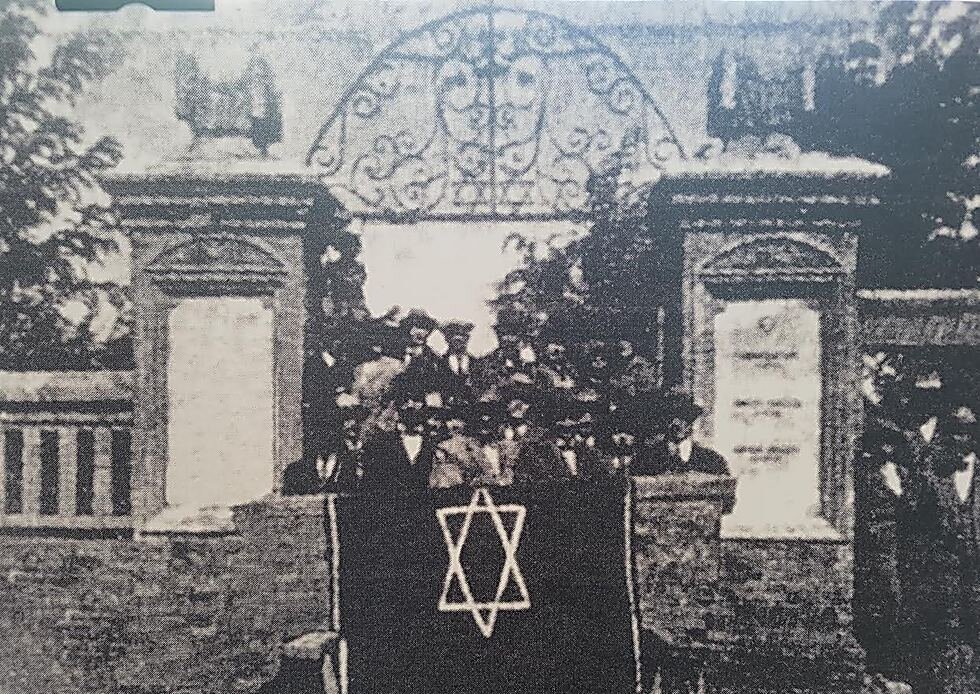
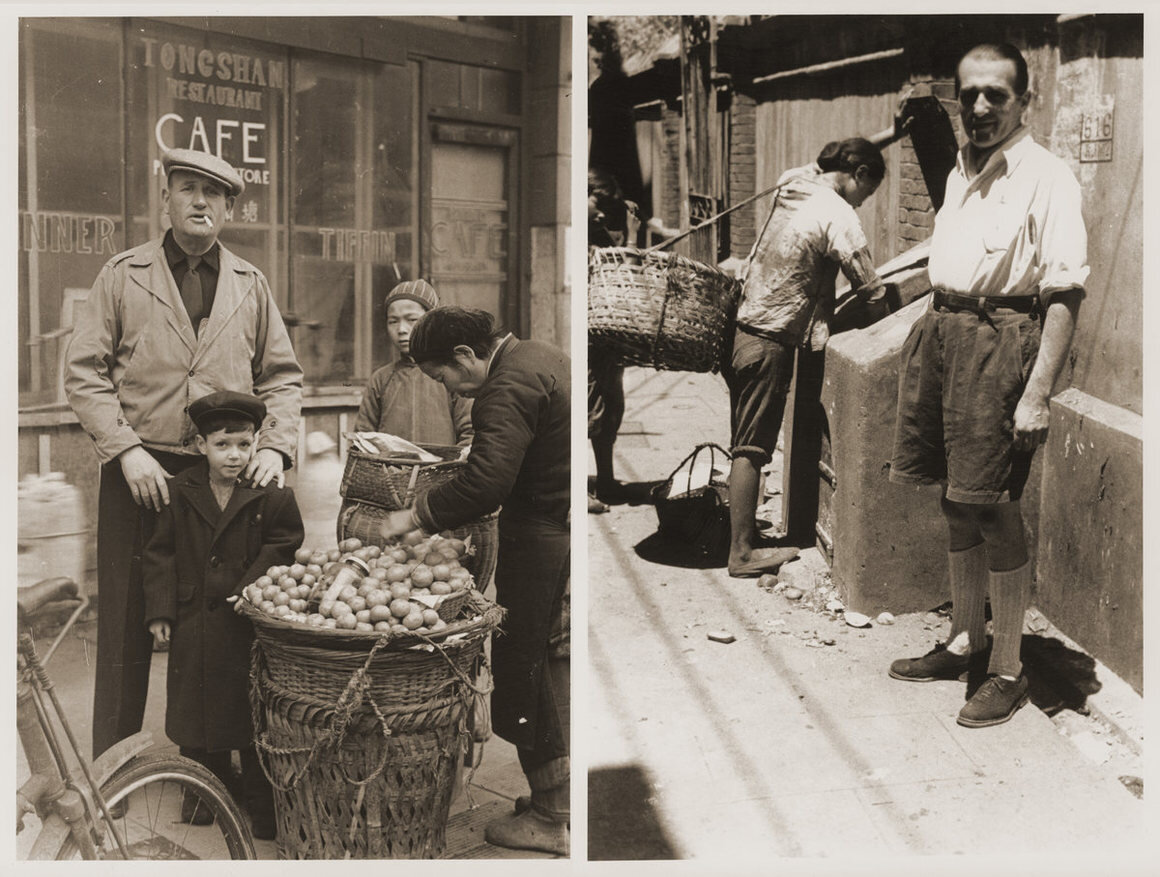
In this final episode of series examining the Jewish refugees in China, Laszlo introduces the Shanghai Ghetto, the final years of WWII, and the aftermath.